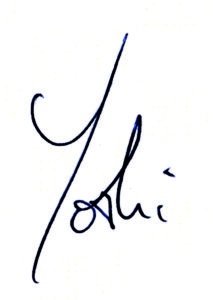This week’s Torah portion includes an interesting inversion. An enemy king sends a prophet to come and curse our Israelite ancestors. But instead of uttering a curse, he offers a blessing, one that has become well-known to generations of Jews as these words have entered our daily liturgy:
מַה־טֹּ֥בוּ אֹהָלֶ֖יךָ יַעֲקֹ֑ב מִשְׁכְּנֹתֶ֖יךָ יִשְׂרָאֵֽל׃
How beautiful are your tents, O Jacob,
Your dwellings, O Israel!
—Numbers 24:5
What was meant to be a curse becomes a blessing.
There is something quite extraordinary about such a transformation. The Moabite prophet, Bilaam, had every reason to do as he was asked. He would have been generously rewarded by the king. But instead he utters the words that he feels compelled to share and declares the beauty and goodness he sees in his people’s enemy.
There is something else quite extraordinary about this story. Generations later, our sages chose to remember this non-Israelite prophet’s words in our daily prayers, inviting us, like Bilaam, to remain open to the beauty and the truth we might find in others.
This is itself a prayer: how beautiful it is, O Israel, to acknowledge the worthy attributes and qualities of those around us, especially those who are different and typically considered less worthy of our esteem. May we have the courage and the strength—like Bilaam—to see and acknowledge beauty, wisdom, and merit wherever it might be found.
Shabbat Shalom,

—Rabbi Yoshi
